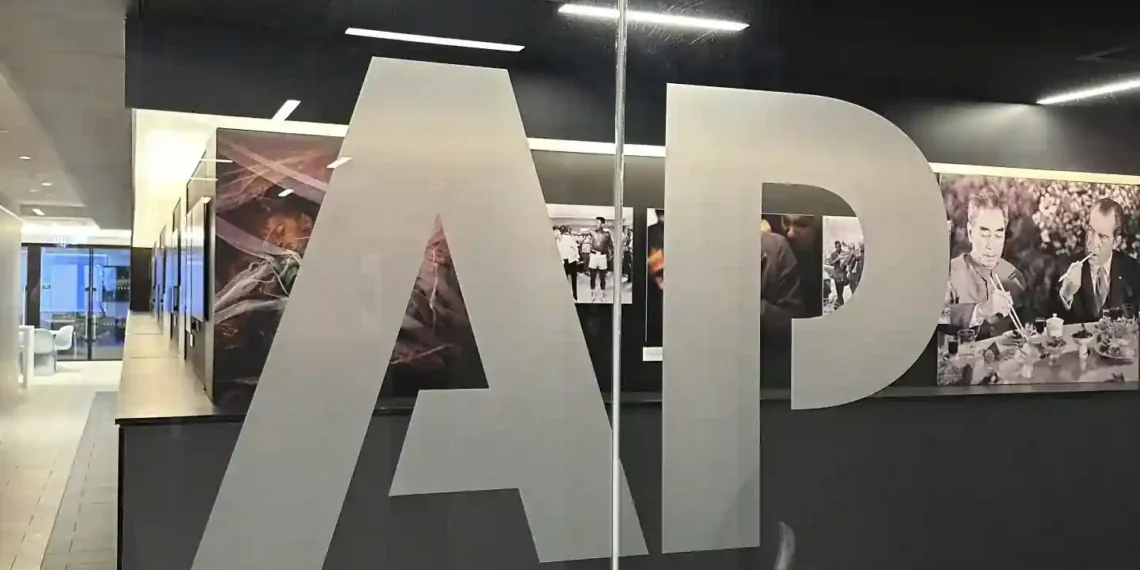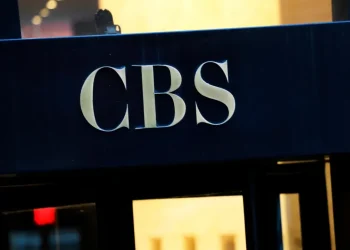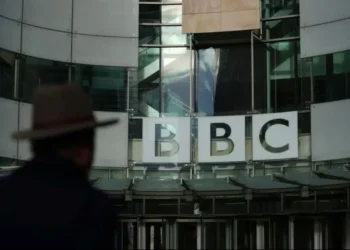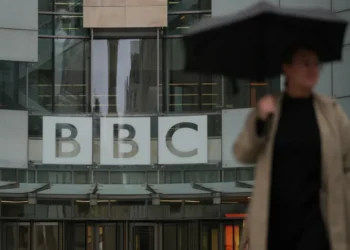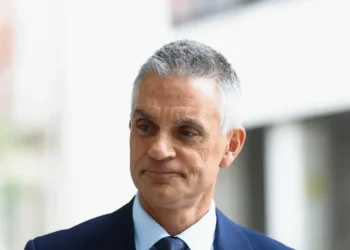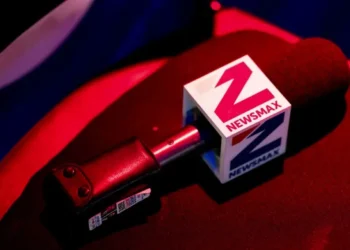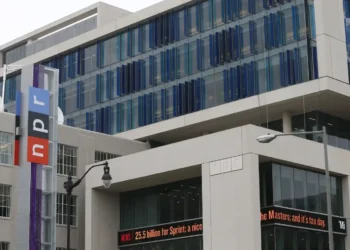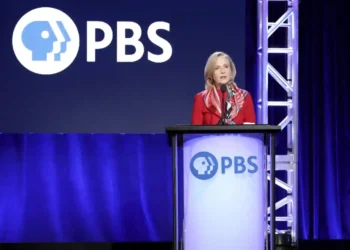Appeals Court Deals Another Setback to AP in Battle Over Trump Event Access
In a closely watched legal fight over press freedom and presidential access, a federal appeals court on Friday handed The Associated Press (AP) an incremental loss in its effort to regain full access to President Trump’s events.
By a 2-1 vote, the U.S. Court of Appeals in Washington sided with the Trump administration, granting a stay that pauses enforcement of a lower court ruling. That ruling had found the administration improperly punished AP for its reporting—specifically, for continuing to use the term “Gulf of Mexico” instead of Trump’s preferred “Gulf of America.”
What’s the Issue?
AP, a news agency with a nearly 180-year history and global reach, had long been part of the “pool” of reporters allowed to cover the president in tight quarters like the Oval Office and aboard Air Force One. But in February, after AP refused to adopt Trump’s renaming of the Gulf of Mexico, the administration reduced the news outlet’s access, cutting back the presence of AP reporters at these key events.
The Court’s Take
Judges Gregory G. Katsas and Neomi Rao, both Trump appointees, ruled that the president has broad discretion to decide who can enter private spaces like the Oval Office and Air Force One. Crucially, they agreed that Trump could consider a journalist’s viewpoint in making these decisions — a legal principle known as “viewpoint discrimination.”
Judge Rao explained, “If the president sits down for an interview with Fox News’ Laura Ingraham, he is not required to do the same with MSNBC’s Rachel Maddow.” The majority opinion emphasized that the First Amendment does not limit the president’s choice of whom to speak with or grant special access.
The stay will remain in place while the court prepares for a full appeal review, likely several months away, when a different panel of judges will hear the case.
The Dissent
Judge Cornelia T.L. Pillard, appointed by former President Obama, strongly disagreed. In her dissent, she warned that allowing the president to exclude journalists based on viewpoint sets a dangerous precedent. She pointed out that this reasoning could lead future administrations to only permit friendly media outlets into press spaces—Republicans favoring Fox News, Democrats favoring MSNBC.
“Each and every member of the White House press corps would hesitate to publish anything an incumbent administration might dislike,” Pillard wrote. She argued there’s no sound reason to treat the Oval Office as exempt from standard First Amendment protections against viewpoint discrimination.
A Longstanding Struggle Between Trump and the Press
The tussle between Trump and the media has been ongoing. Since the initial ruling, the White House has implemented a rotation system for smaller events, usually including AP photographers but limiting text reporters’ presence. Meanwhile, Trump has engaged more frequently with small, friendly media groups in the Oval Office rather than holding traditional press conferences, where AP journalists typically attend.
White House press secretary Karoline Leavitt celebrated the court’s ruling on social media, calling it a “VICTORY!” and claiming it opens access to a broader range of media beyond the “failing legacy media.” Trump himself posted on Truth Social, mocking AP for refusing to adopt his term “Gulf of America” and branding them “FAKE NEWS.”
What’s Next?
AP spokesman Patrick Maks expressed disappointment with the ruling and said the organization is exploring its options, including seeking expedited review of the full case.
As the legal battle continues, the case raises significant questions about the balance between the president’s authority over access to private presidential spaces and the fundamental free-press protections enshrined in the First Amendment.
Judge Rao’s majority opinion summed up the stakes: “The Oval Office is the President’s office, over which he has absolute control and discretion to exclude the public or members of the press.”
This article was rewritten by JournosNews.com based on verified reporting from trusted sources. The content has been independently reviewed, fact-checked, and edited for accuracy, neutrality, tone, and global readability in accordance with Google News and AdSense standards.
All opinions, quotes, or statements from contributors, experts, or sourced organizations do not necessarily reflect the views of JournosNews.com. JournosNews.com maintains full editorial independence from any external funders, sponsors, or organizations.
Stay informed with JournosNews.com — your trusted source for verified global reporting and in-depth analysis. Follow us on Google News, BlueSky, and X for real-time updates.
